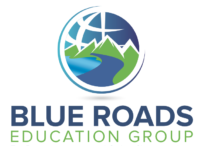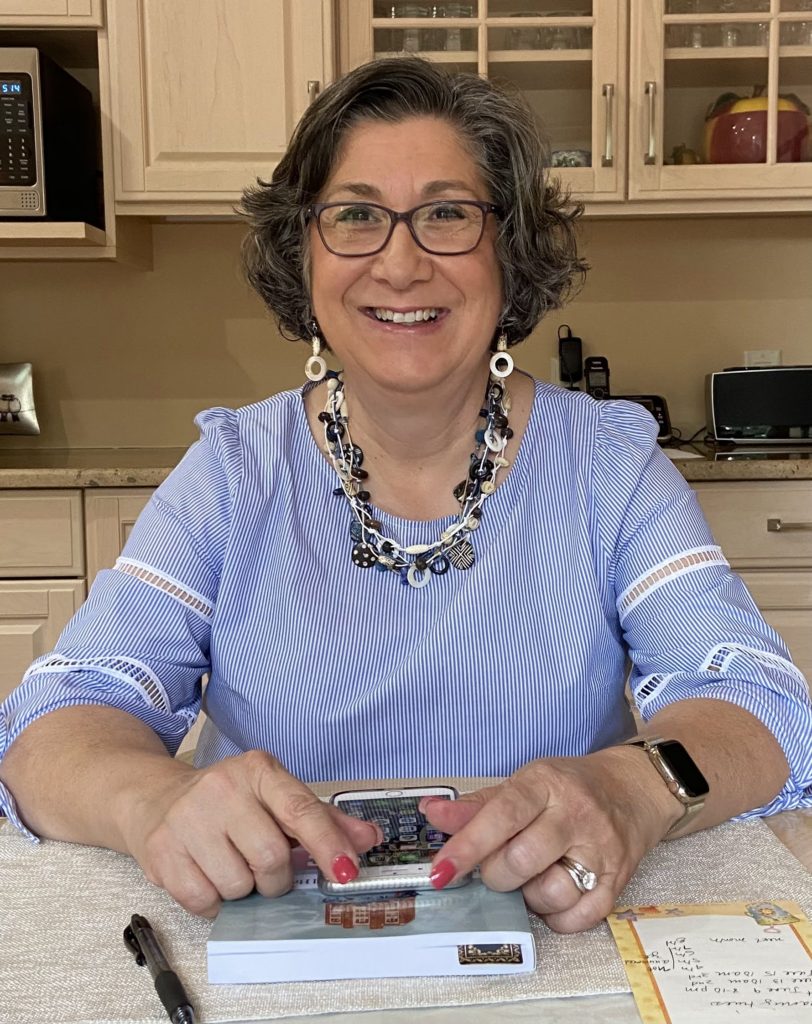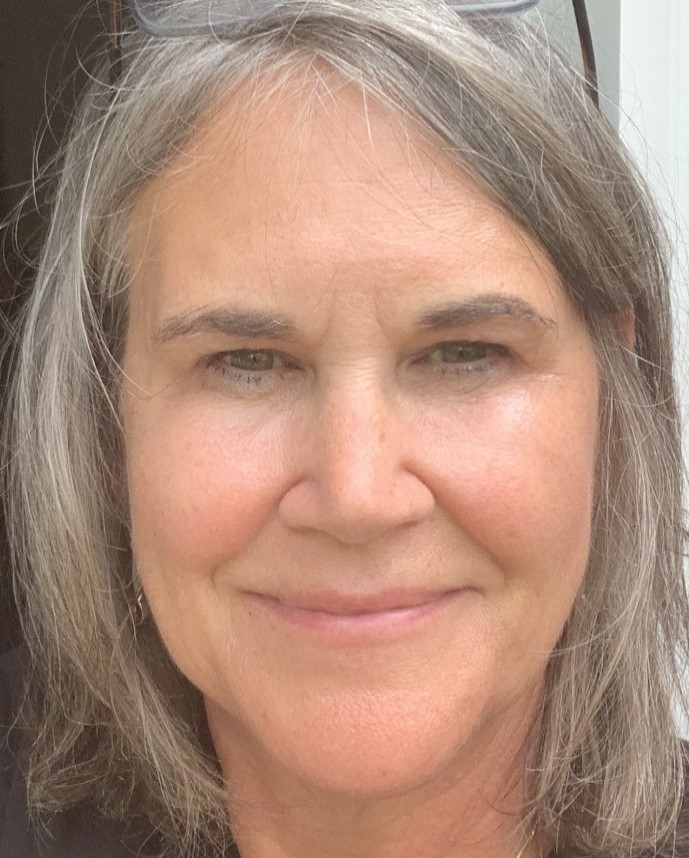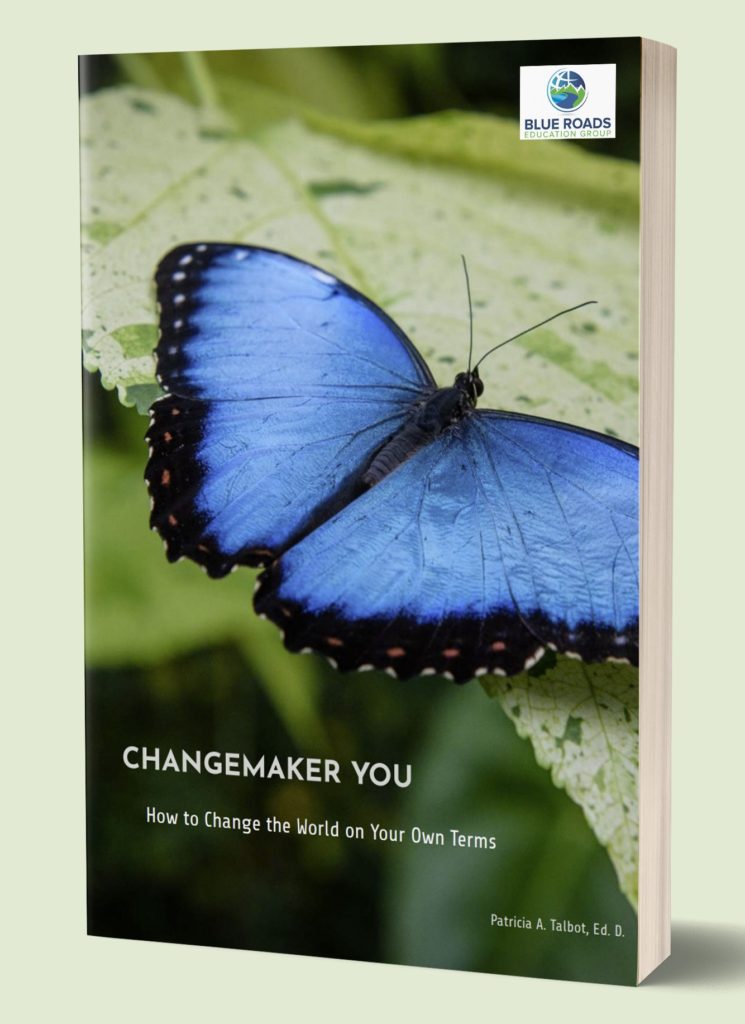About the Author
Patti cultivates homegrown changemakers prepared to step into their power and work with others to create the world they want to live in. Get in touch to find out how you can grow the social changemaker in yourself and those you serve with Blue Roads Changemaker YOU.
Today we welcome Changemaker Gunin Kiran to this series celebrating the work of people making the world a better place by creating “Homegrown Solutions for a Patchwork World.” Gunin completed 8 years as a school board member in my local school district last fall, but she remains very active in our community as she explores next options to put her brilliant mind and heart for service to best use.
I invited Gunin to share her Changemaker Journey on my weekly show “On Your Own Terms” on WIN WIN WOMEN after reading a recent letter to the editor she wrote standing strong in support of public education. The world is changed for the better when we raise our voices around issues important to us. Gunin does so with dignity, determination, and the wisdom to carefully consider all perspectives while keeping the needs of students at the forefront.
Watch the video of our conversation, listen to the podcast and read the summary below to learn about Gunin's experiences, her priorities and her advice for all of us who wish to engage in meaningful ways to make our democracy work, starting with the public schools where everyone learns that everyone matters.
Homegrown Gunin
Those are not the same thing!
I was born and raised in Ankara, Turkey.
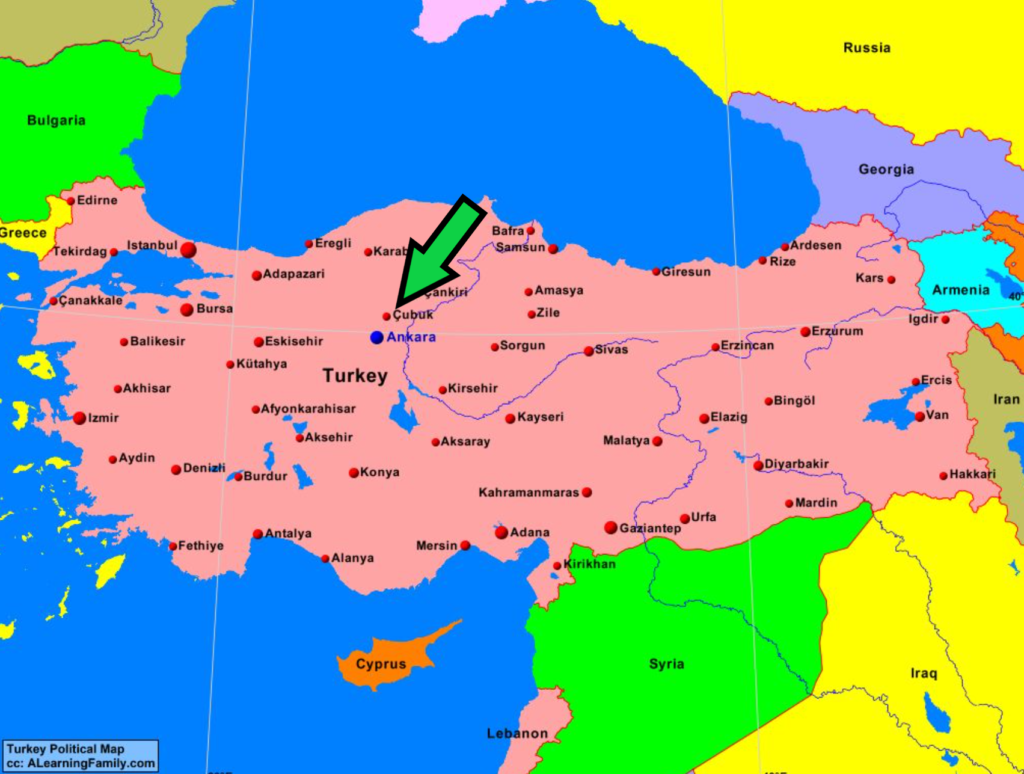
So I arrive as a student and also as a wife, my first time leaving the house. From a city of 3 million to arrive in a town of 8,000!
I realized how big a spectrum is in a classroom…

…And how hard the teacher's job is to accommodate and meet all the students where they are…
Solution-Focused Gunin
The more Gunin got involved in the school, the more she recognized the big needs inherent in every classroom.
It was quite an eye opener. I decided I've got to help them as much as I can.
She started out as a room parent helping with parties and clerical tasks and gradually got more involved with the PTA and PTO organizations. From there, she served on decision-making committees related to staff searches, school improvement, and all manner of school issues.
Over the seven years of active involvement in the school system while the Kiran family lived in Maine, Gunin moved from hardly speaking at all to greater comfort with the English language. While she could always understand and communicate…
I was actually very shy…I was not as brave and chatty as I am right now.
By the time, they relocated to Blacksburg, Virginia, Gunin was ready to dive right into active participation in each of the schools the children attended. She filled almost every role you can imagine, often at three schools simultaneously.
I covered all the PTAs and PTOs at one time. I think I was president in two and secretary in one… I did all the positions possible. I did fundraising. I was a band chaperone. I was a secretary in all three and then the president in all three…
Once her youngest daughter graduated from high school and there was an opening on the school board, Gunin thought perhaps it was time for her to run for public office. She thought,
“Now I don't have anybody in the school. I won't worry about so much conflict of interest or doing things for my own kid, but I will be still very close.”
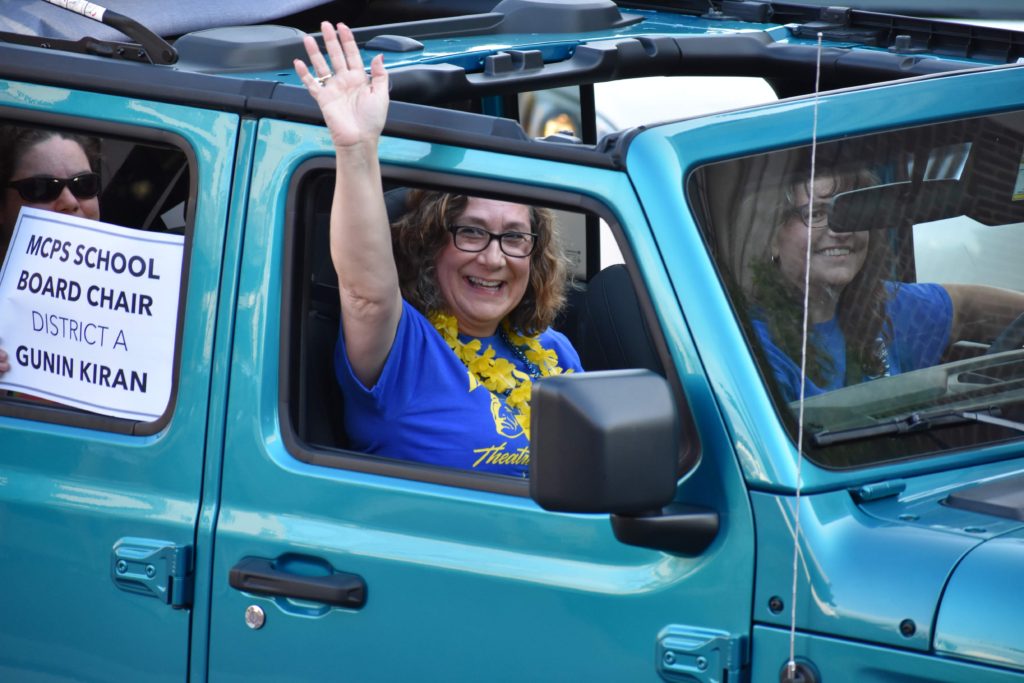
Gunin served two four-year terms on the board including a stint as Board Chair. Although she'd been very active in the town schools her kids had attended, she said her eyes were opened again to the different needs across the entire district once she was on the board.
It was a big eye opener, how diverse the county is and how diverse the communities are…
From the very beginning, she committed herself to learn about the four main communities in the school district that serves approximately 10,000 students. Gunin made it a priority to visit each of the twenty schools from the university town to the very rural farm communities she served.
Gunin's Patchwork
Gunin's awareness of the diverse perspectives and needs of different people has unfolded across her adult life.
When I was growing up, there was not much diversity per se.
While there were different dialects spoken in the regions of her home country of Turkey, she was surrounded mostly by white people who spoke Turkish. She didn't travel much outside of Ankara except to visit family by the coast in the summers.
Gunin found the tiny town of Orono, where the University of Maine is located, even less diverse and more conservative. The school system there was “non-inclusive” at the time, meaning that students with special needs were not necessarily included in classrooms with their age-appropriate peers.
All of this changed when the family moved to the Blacksburg area where Virginia Tech serves a larger international population.
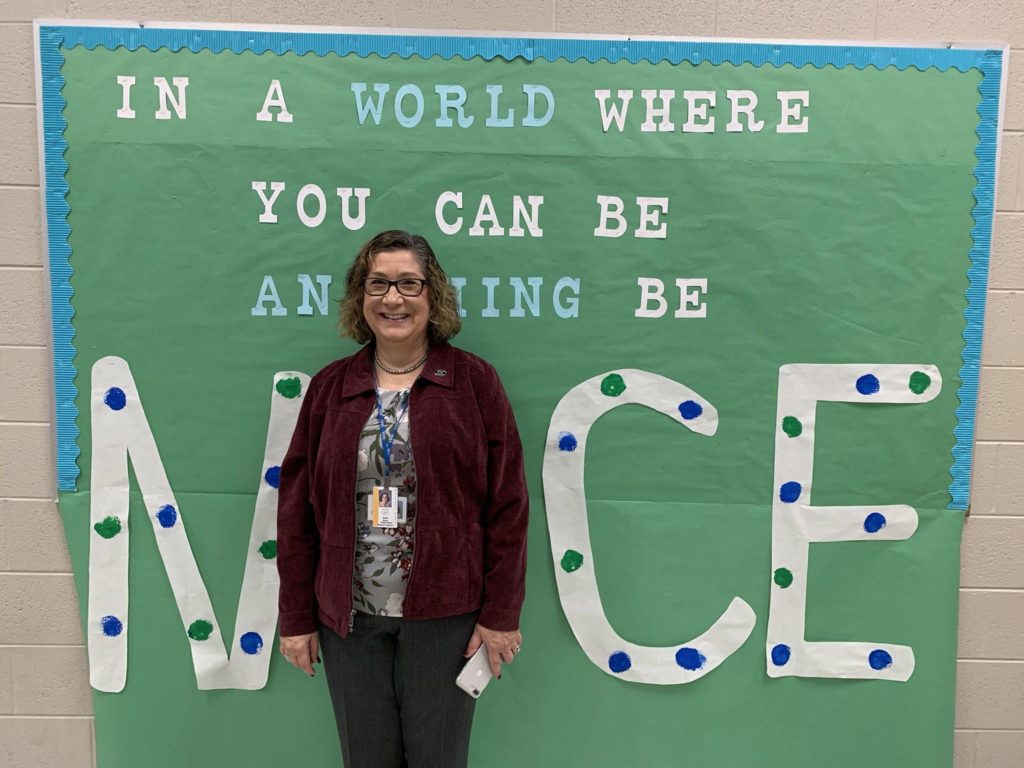
I think I learned diversity then not just in the college town but also how the school system and community are different.
It made me a better person because now I am very good at listening.
I always like to listen and put myself into other people's shoes. I definitely will think more than once, twice, three times before I speak a word.
That's why I am very much in support of public education because you can protect your child for different reasons…, but at the end you cannot protect them forever. They have to be in the society and functioning citizens of the society and public schools. On a small scale, that's what they do.
You have to be the childcare center. You have to have the internet provider and you have to feed the kids, and transport the kids, too.
I have to educate the public about public schools.
We don't know whether they had a house to sleep in or whether they had breakfast that morning or whether they've been abused or whether they saw something they shouldn't be seeing…That is a wide spectrum of needs in the classroom of 15 and 20.
These are things I think society has to take care of and not expect it all from public education.

Changemaker Gunin
These are the hard truths that drive Gunin in her work as an advocate. There are things she knows need work and she's not willing to sit on the sidelines when she knows nothing changes without intentional effort.
Human beings are pretty easy to judge. When we don't like something, we will just tell our opinion. We don't like X, Y, and Z, but then if you want that to be different, then you have to make an effort to change that X, Y, and Z, because otherwise criticizing doesn't help.
It is proven that, especially nowadays, very few votes can make a huge difference.
Others…may not see the other side so they will believe what they think is right unless you talk with them about other options…
If you don't see something the way it's supposed to be, you've got to go after it.
Public education is the cornerstone of the democracy. K through 12 is such a baseline for everything. What we do in the future starts with learning how to read and write. Even if you are an artist, you still have to read and write. If you're a scientist, you still have to read and write… It all starts in elementary and afterward.
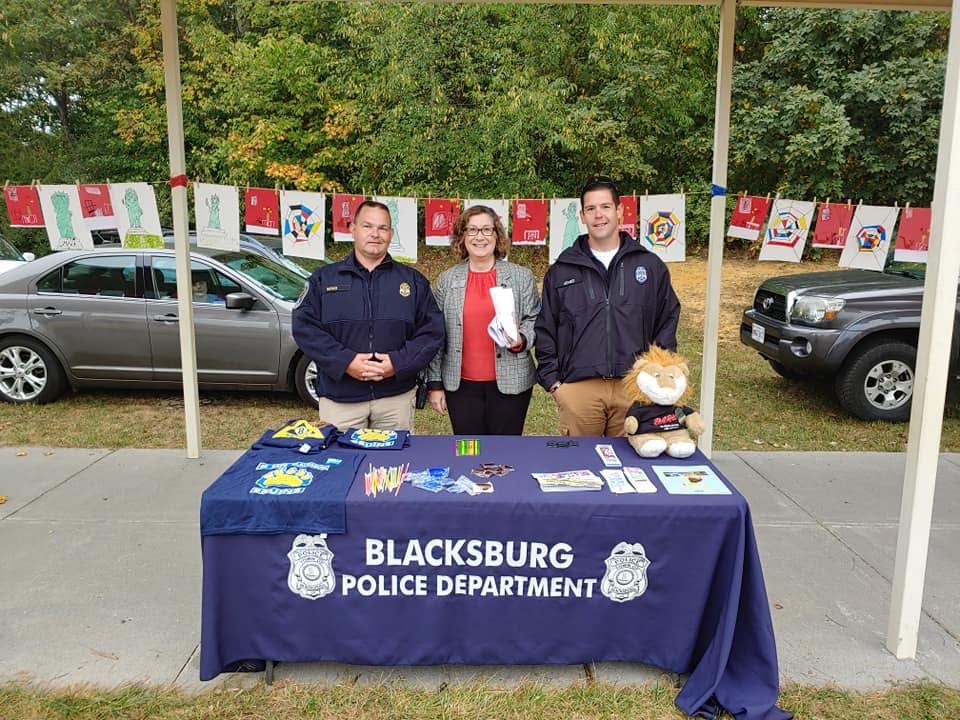
Gunin didn't mention this in our conversation, but she's also a big supporter of the essential work of the Dialogue on Race in our community as well as the ACCE (Access to Community College Education) program. ACCE is one of many community initiatives that have grown out of more than a decade of work to talk honestly about racial issues and the experiences of the African American community close to where we live – what it's been, what it's felt like and how to make it better. Click the links in this paragraph to learn more!
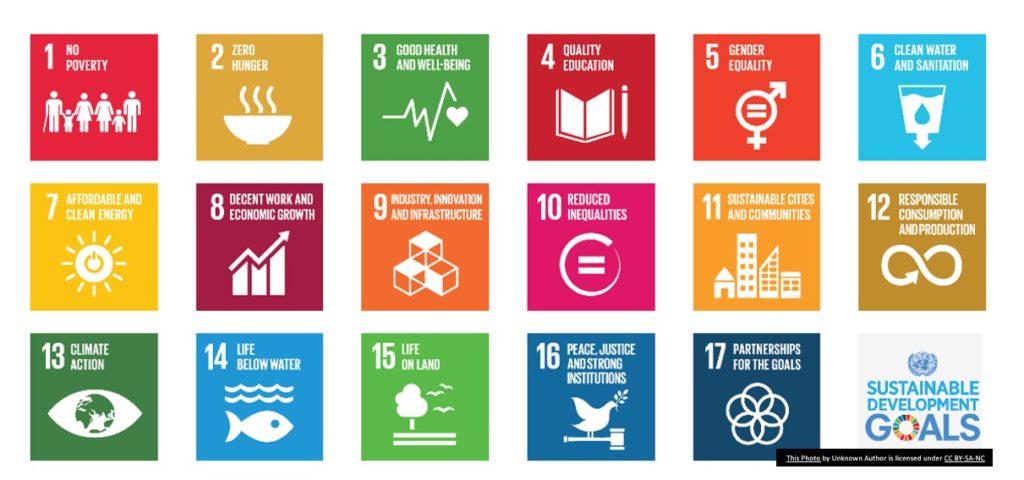
It's easy to see how directly Gunin's work in the service of public education supports United Nations Sustainable Development Goal #4 – Quality Education. You certainly also see the connections to #3 – Good Health and Well Being, #10 – Reduced Inequalities, # 1 – No Poverty and #2 – Zero Hunger as these societal issues and goals play out every day in the public education arena. I'm sure I have missed some interconnections and I hope you will reach out and point them out to me.
I also hope you'll get in touch to let us know what YOU and people you know are doing to realize these Global Goals by the year 2030 through your own civic engagement. We can surely do it if we all work together and take our place as Changemakers!
CHECK OUT our CHANGEMAKER YOU course to help you get started today!
Podcast: Play in new window | Download
Subscribe: Spotify | iHeartRadio | Email | TuneIn | Deezer | RSS | More
Patti cultivates homegrown changemakers prepared to step into their power and work with others to create the world they want to live in. Get in touch to find out how you can grow the social changemaker in yourself and those you serve with Blue Roads Changemaker YOU.
